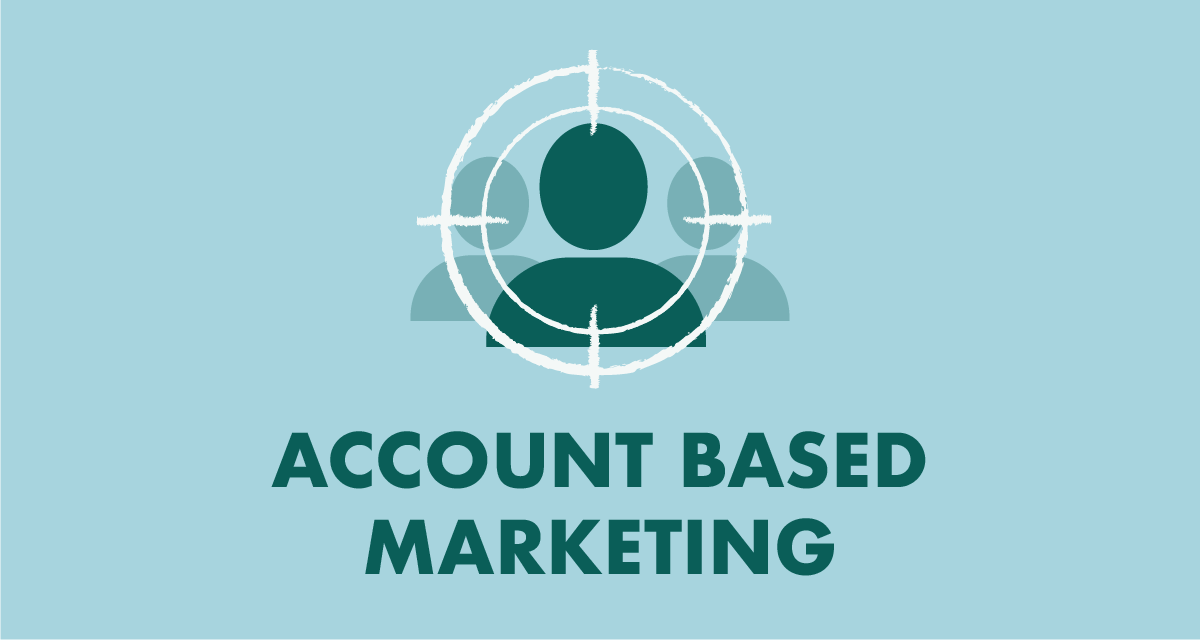In an age where consumers are bombarded with ads every moment of the day, some brands have discovered an unexpected way to stand out: by rejecting traditional advertising altogether. This approach, often called un-marketing, shifts focus from flashy campaigns and polished pitches to authenticity, storytelling, and grassroots engagement. These brands build loyalty by aligning with the values of their audience, proving that actions can speak louder than ads.
What is Un-Marketing?
Un-marketing isn’t just about doing less marketing—it’s a deliberate strategy that prioritizes meaningful connections over conventional ad techniques. Brands embracing this philosophy often shun glossy commercials, celebrity endorsements, and typical media buys. Instead, they focus on crafting authentic narratives, taking bold stances on social issues, or engaging directly with their community in unconventional ways.
At its core, un-marketing recognizes that consumers crave trust and transparency. By appearing less interested in “selling,” brands can paradoxically attract more attention and loyalty.
Notable Examples of Un-Marketing
1. Patagonia: Activism Over Ads
Few brands embody un-marketing better than Patagonia. The outdoor clothing company has built its reputation not on flashy commercials, but on environmental advocacy. Its campaigns often reject consumerism outright.
Take the now-famous “Don’t Buy This Jacket” ad, which encouraged customers to reconsider their purchasing habits in favor of sustainability. Rather than promoting their products, Patagonia highlights environmental causes, like their fight to protect public lands or efforts to combat climate change. This authenticity resonates with eco-conscious consumers who view the brand as a partner in their values—not just a retailer.
2. BrewDog: The Anti-Advertising Campaign
BrewDog, the rebellious craft beer brand, has turned anti-advertising into an art form. The brand openly mocks traditional advertising tropes, often with self-deprecating humor or edgy statements that spark conversation.
In one notable campaign, BrewDog declared itself “anti-sponsorship,” flipping the script on standard partnerships. Instead of paying for a traditional Super Bowl ad, they ran a minimalist message: “Advertise for us. Don’t worry, we’re not paying you either.” This bold approach reflects BrewDog’s irreverent ethos, earning loyalty from fans who value its punk-rock attitude.
Why Un-Marketing Works
Un-marketing succeeds because it taps into shifting consumer preferences. Today’s audiences, especially younger generations, are skeptical of traditional advertising. They value:
- Authenticity: Customers are more likely to trust brands that demonstrate honesty and vulnerability rather than perfection.
- Purpose: Brands that take clear stances on social or environmental issues can build a loyal following.
- Engagement: Un-marketing emphasizes connection, whether through grassroots events, social media interactions, or community-building efforts.
By stepping away from traditional advertising, brands can break through the noise and create a deeper emotional bond with their audience.
Lessons for Brands: How to Embrace Un-Marketing
If you’re considering incorporating un-marketing principles into your strategy, here are some key takeaways:
- Focus on Values, Not Products
Let your brand’s mission and values lead. What do you stand for beyond profit? Highlight those beliefs. - Engage Directly with Your Audience
Use social media, events, or grassroots movements to create a dialogue. Authentic interactions build trust. - Be Bold and Honest
Don’t be afraid to take risks or show vulnerability. Consumers respect brands that are unafraid to speak their truth. - Use Storytelling Over Selling
Share stories that resonate emotionally with your audience. Narratives are more memorable than slogans.
The Future of Advertising?
Un-marketing might seem like a counterintuitive strategy, but it proves that rejecting traditional advertising doesn’t mean rejecting connection. Brands like Patagonia and BrewDog show that aligning with your audience’s values, standing up for causes, and embracing authenticity can transform consumers into passionate advocates.
As the marketing landscape continues to evolve, one thing is clear: sometimes, the best way to sell is not to sell at all.








